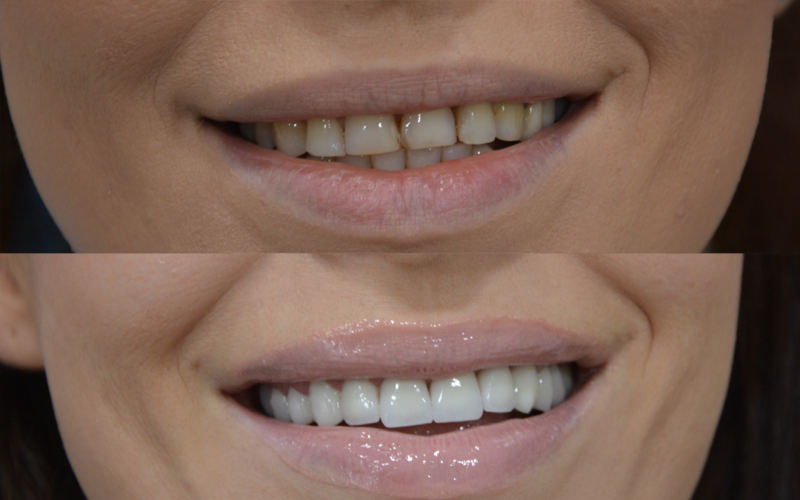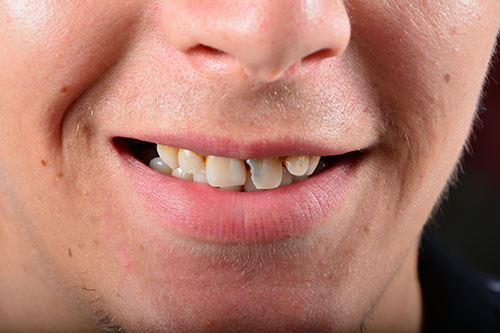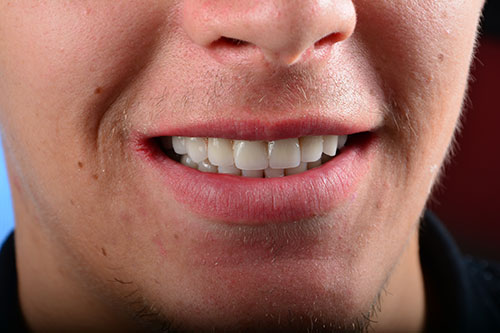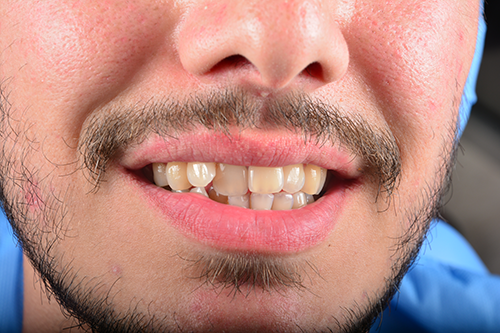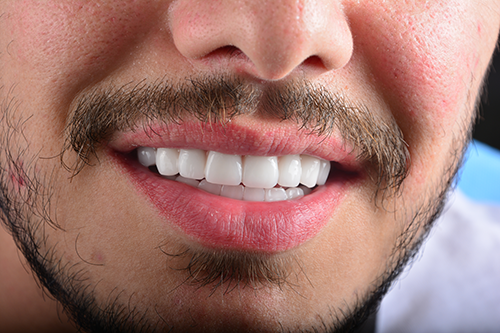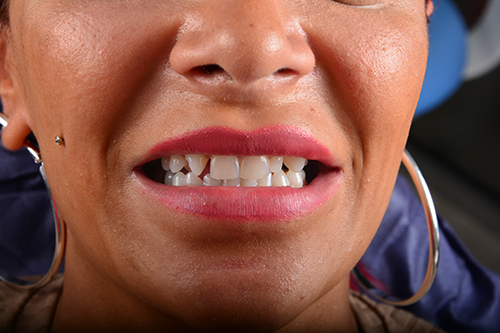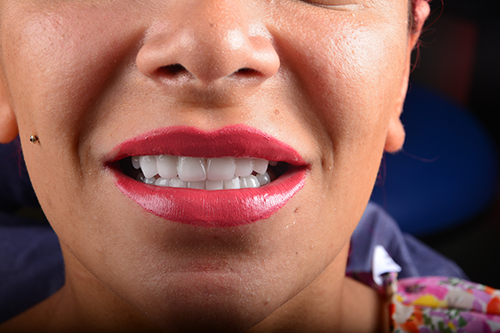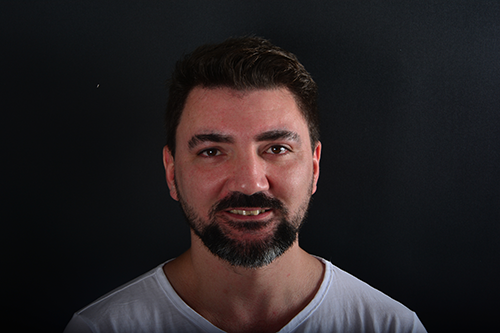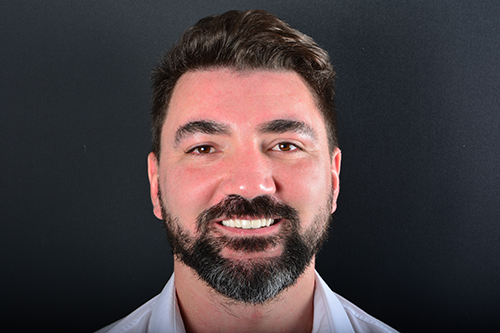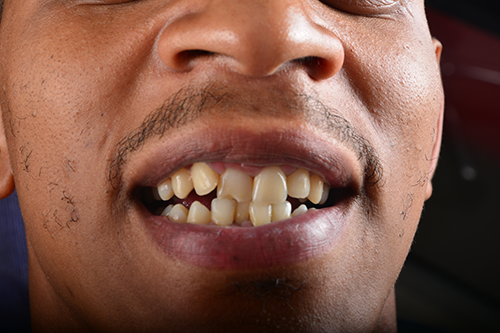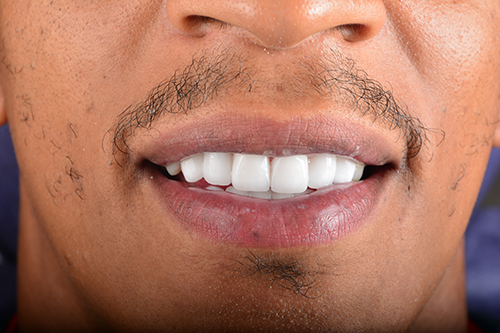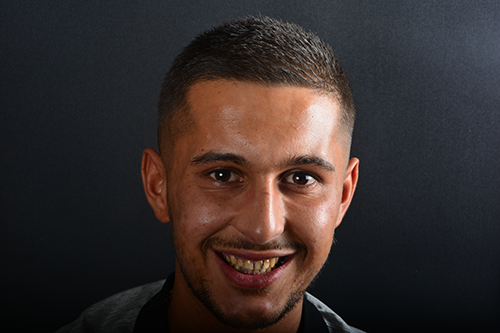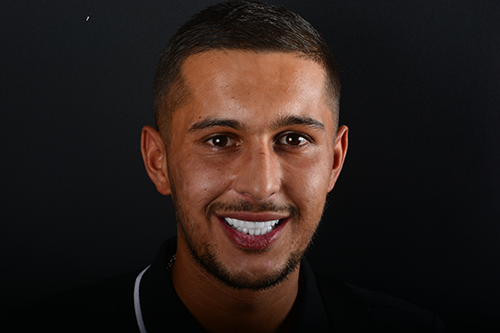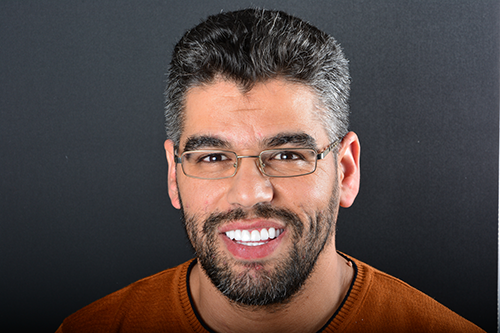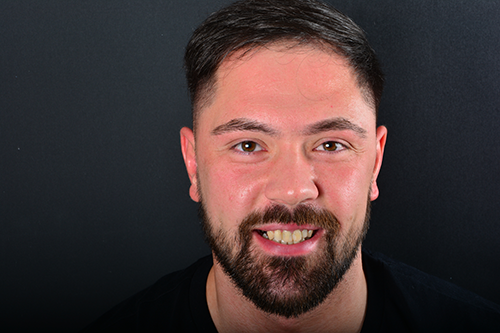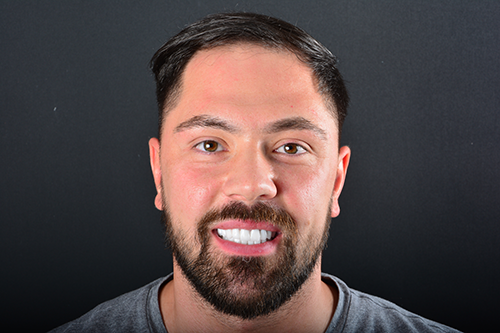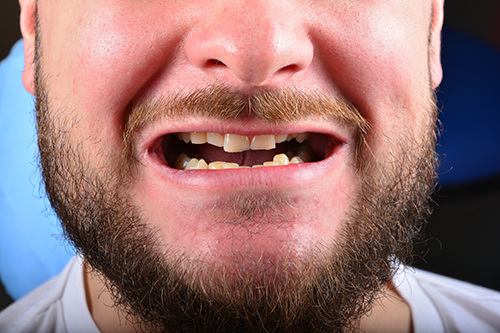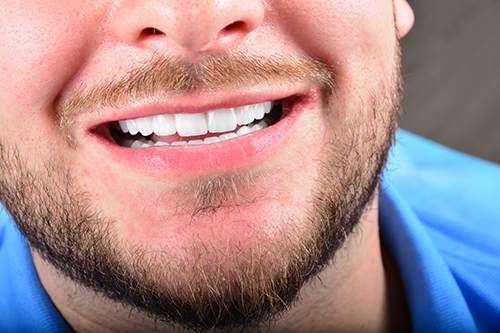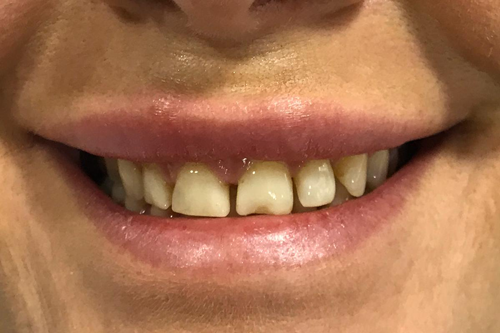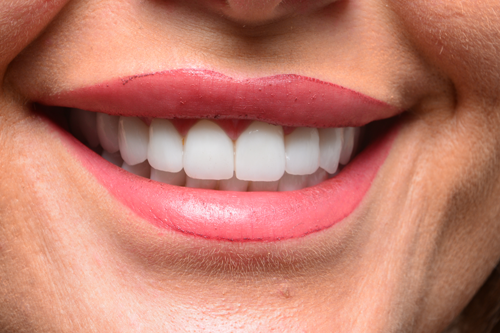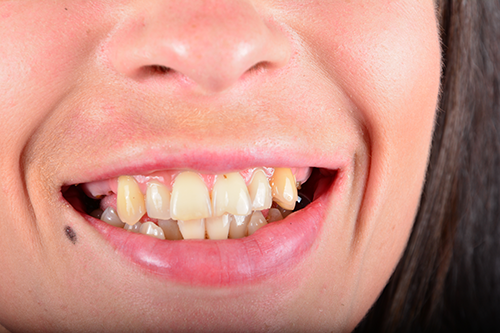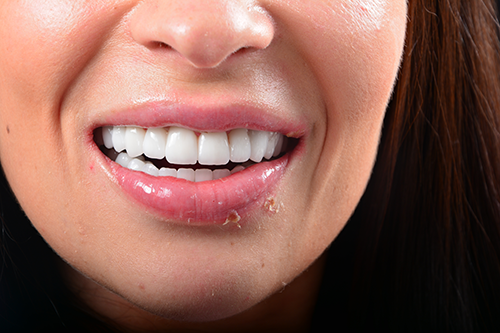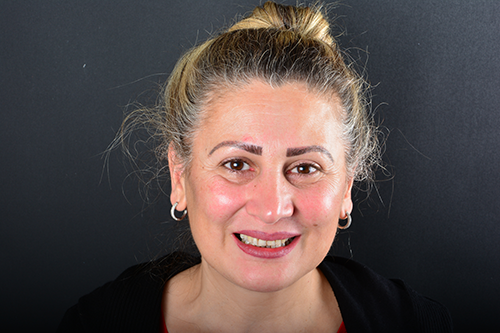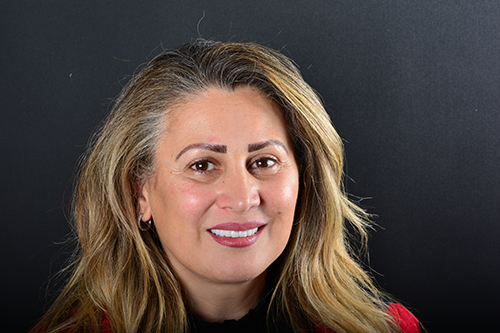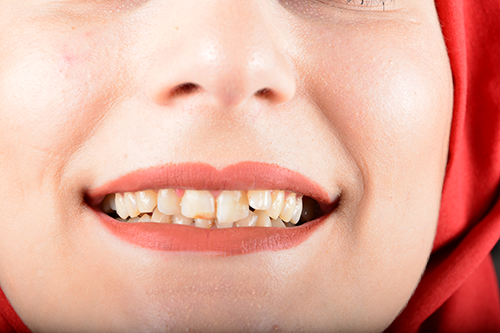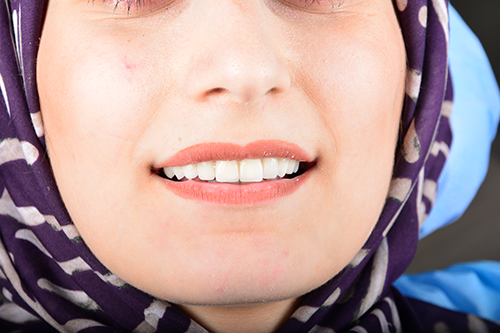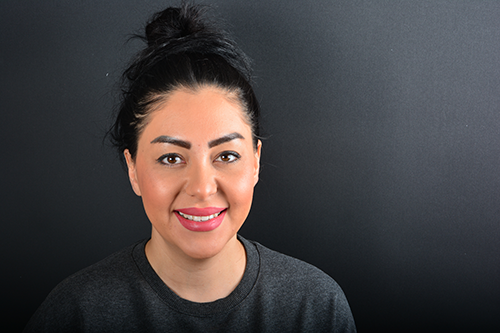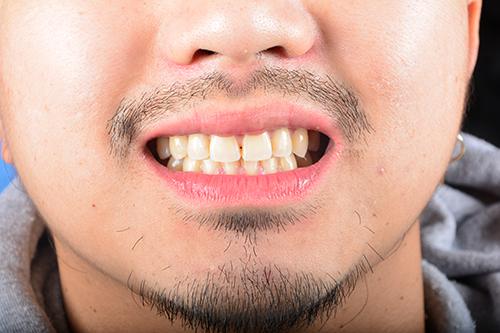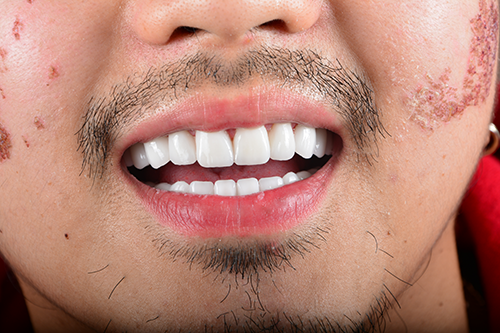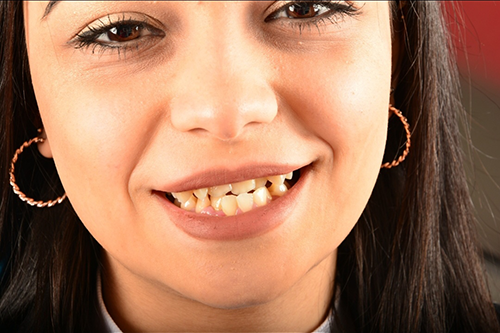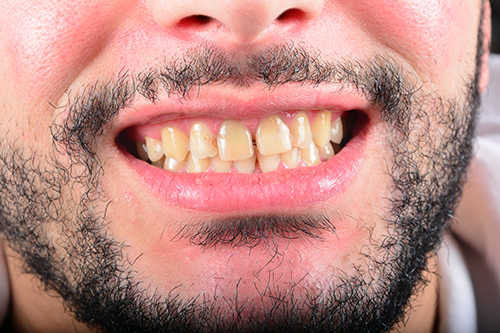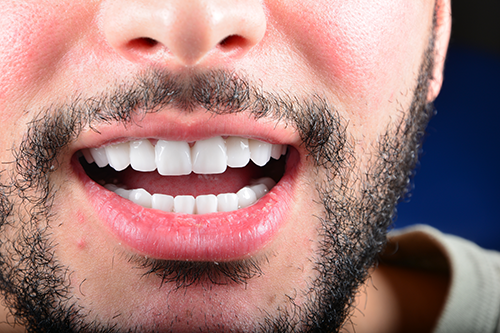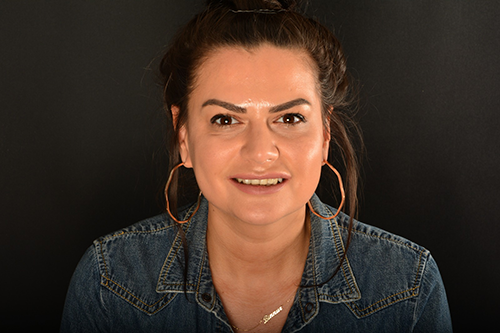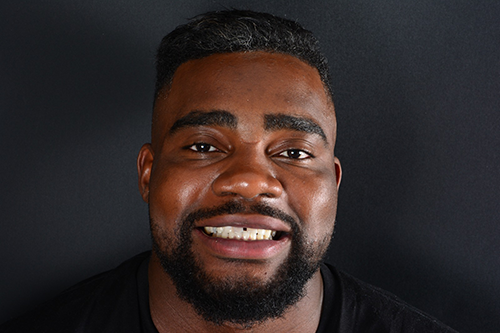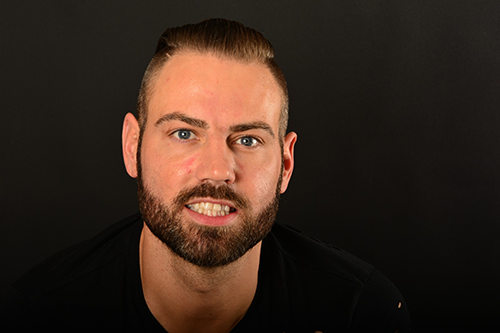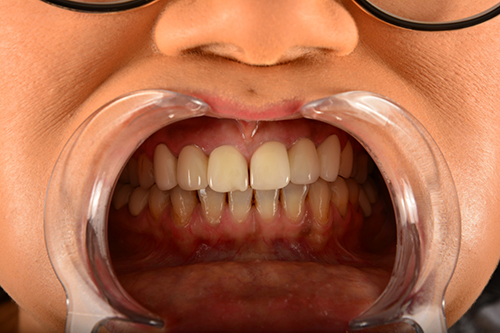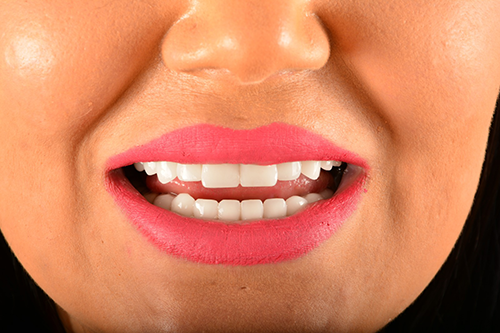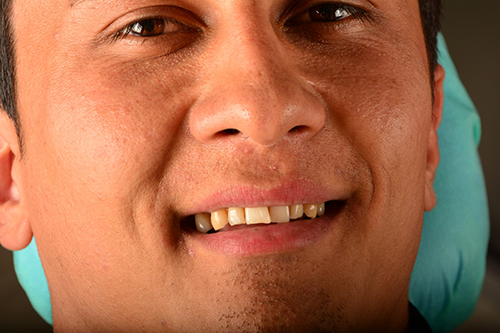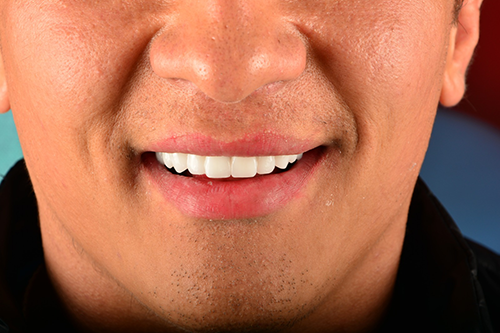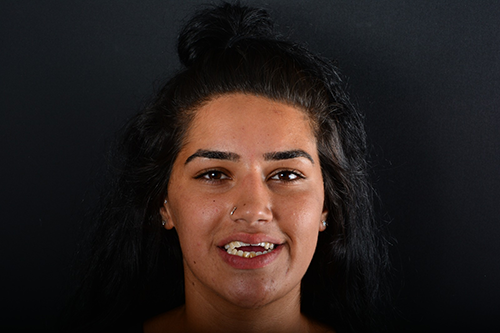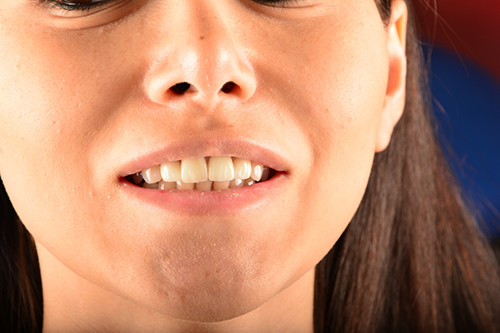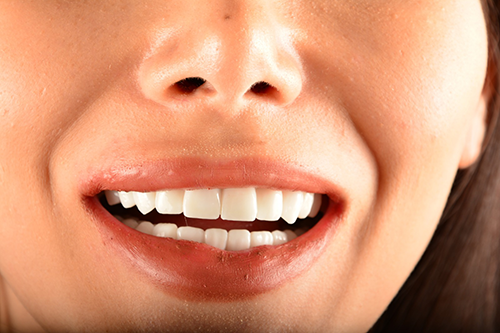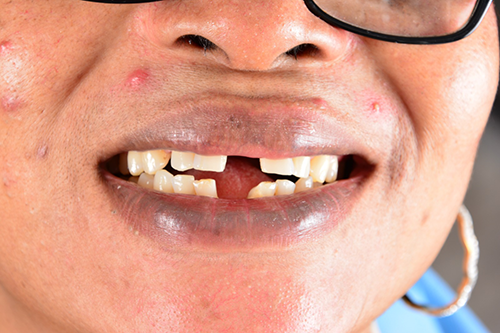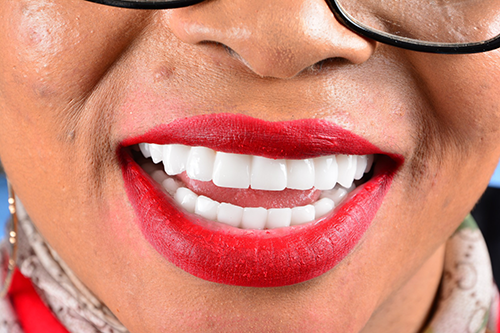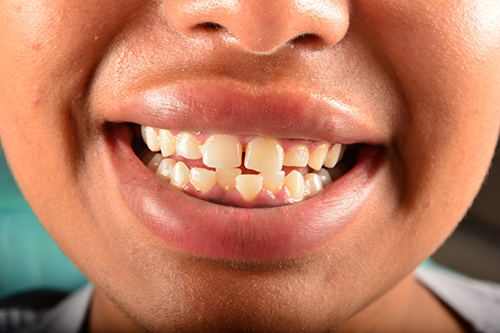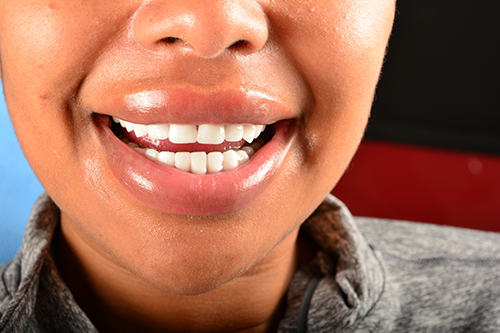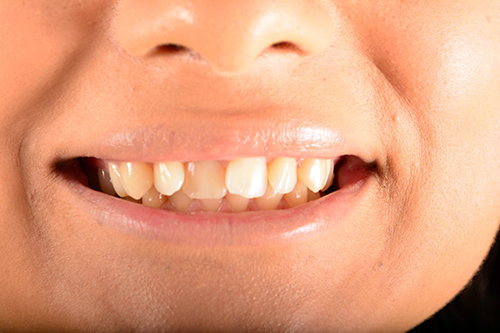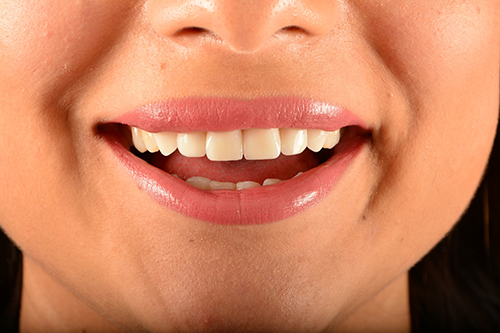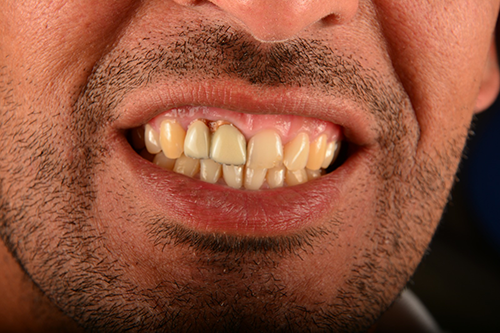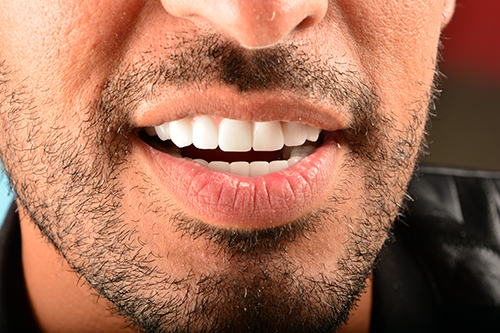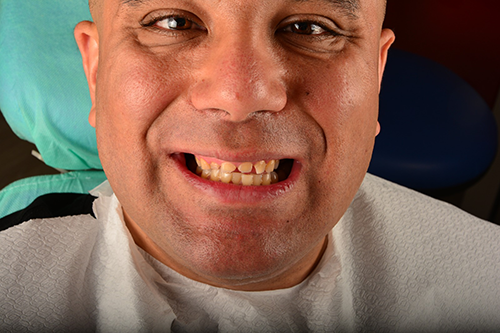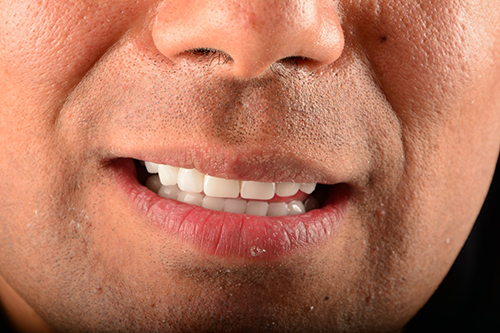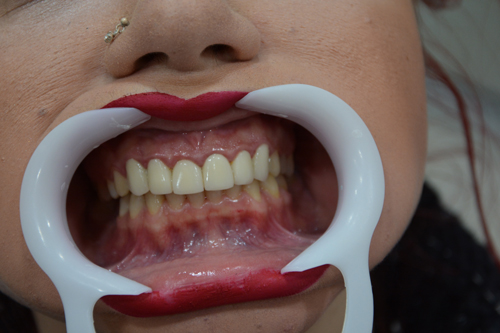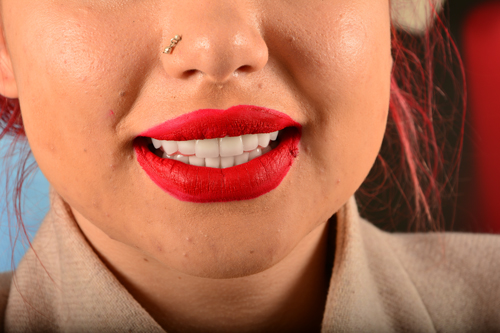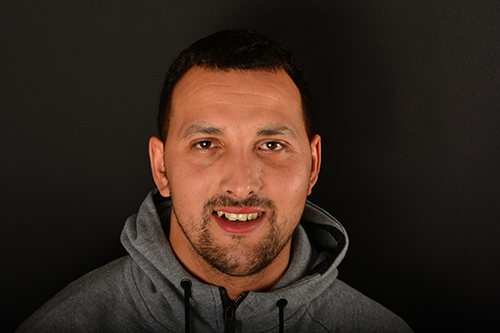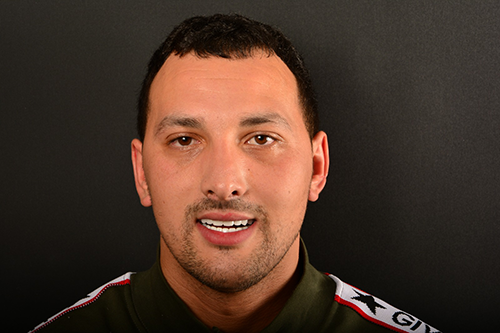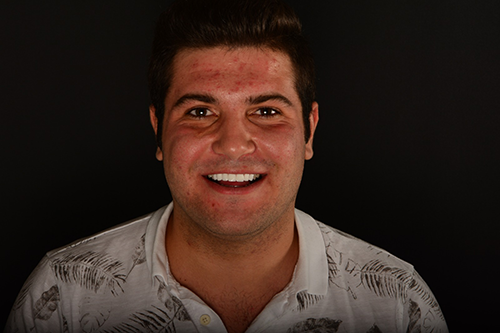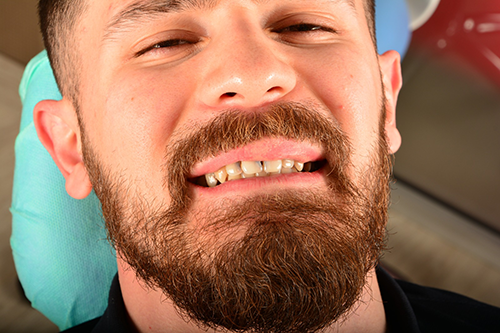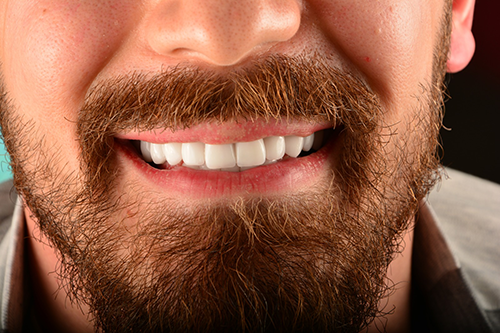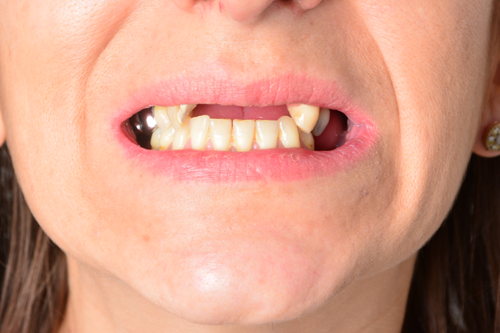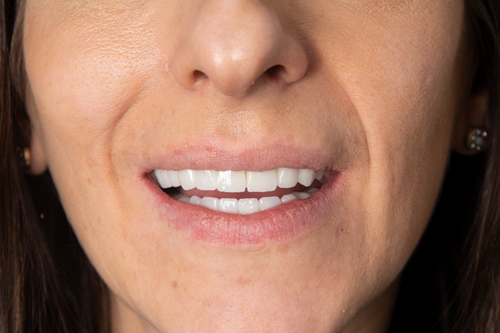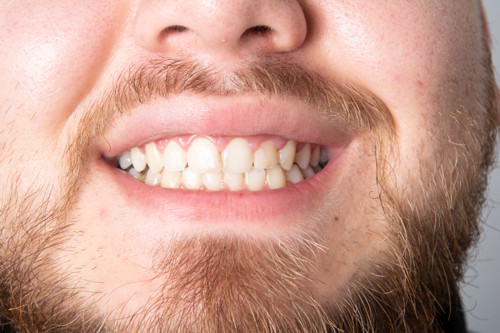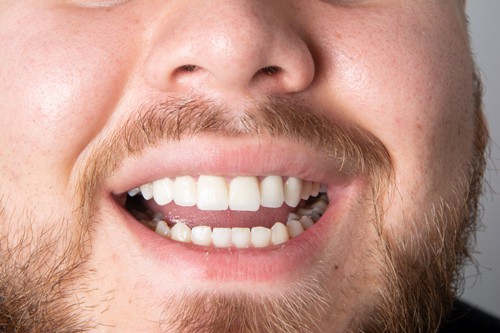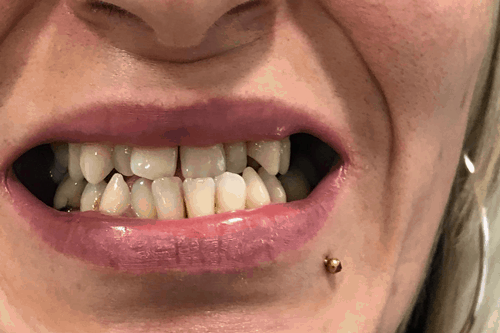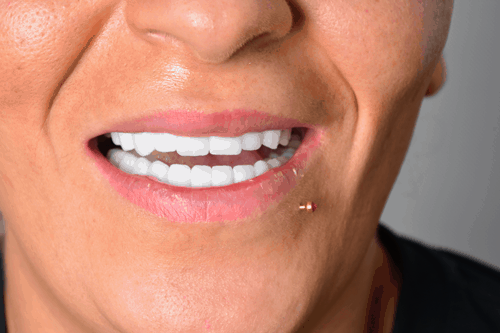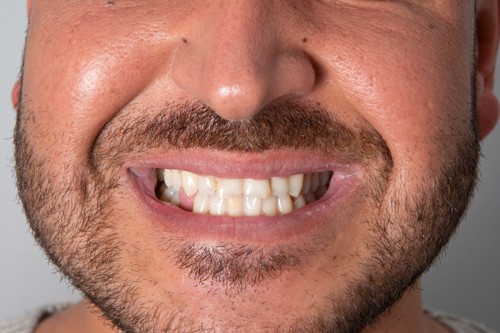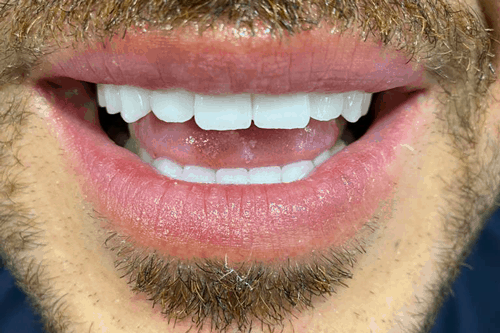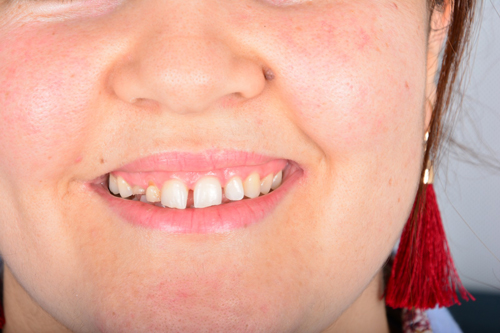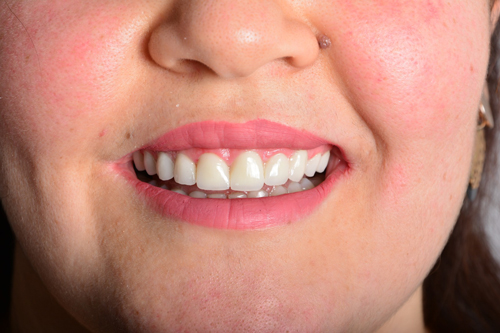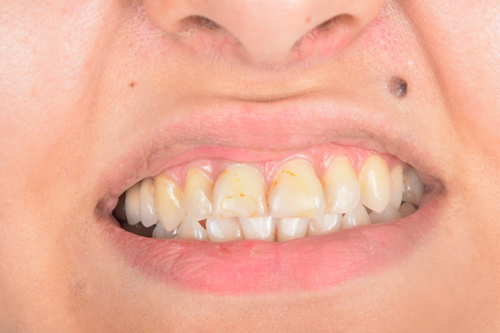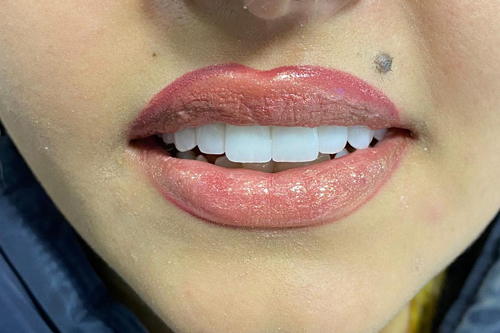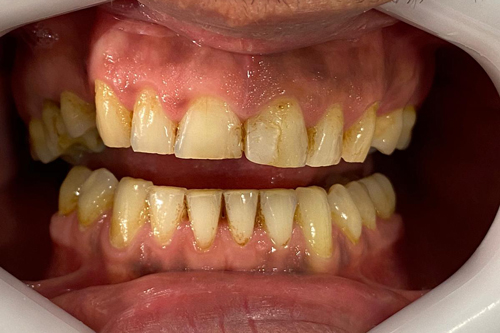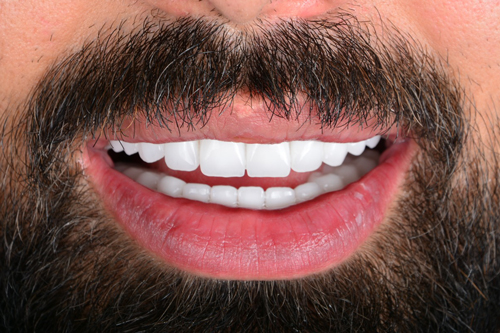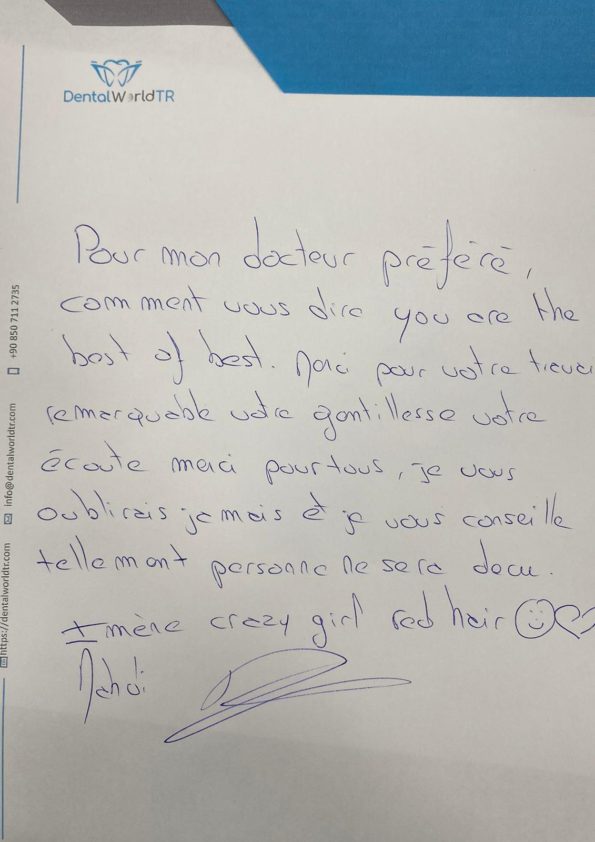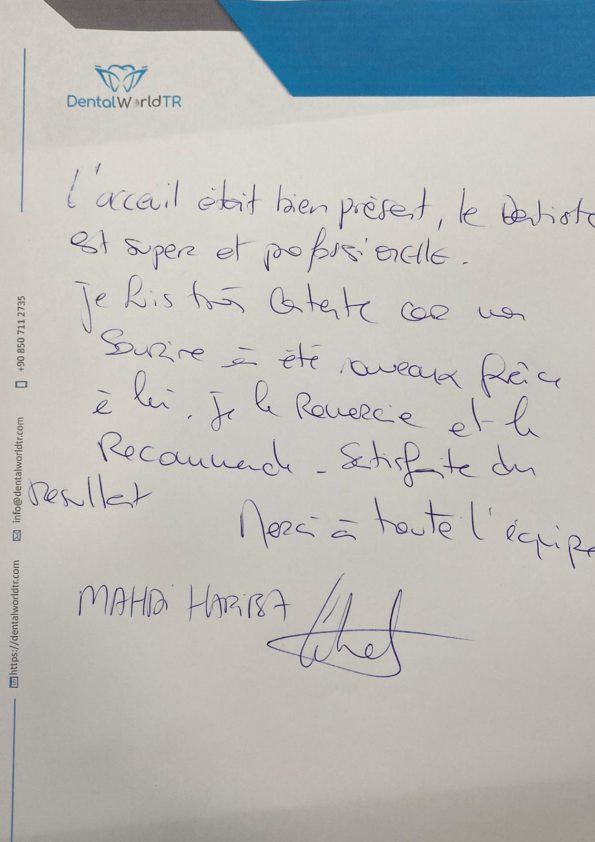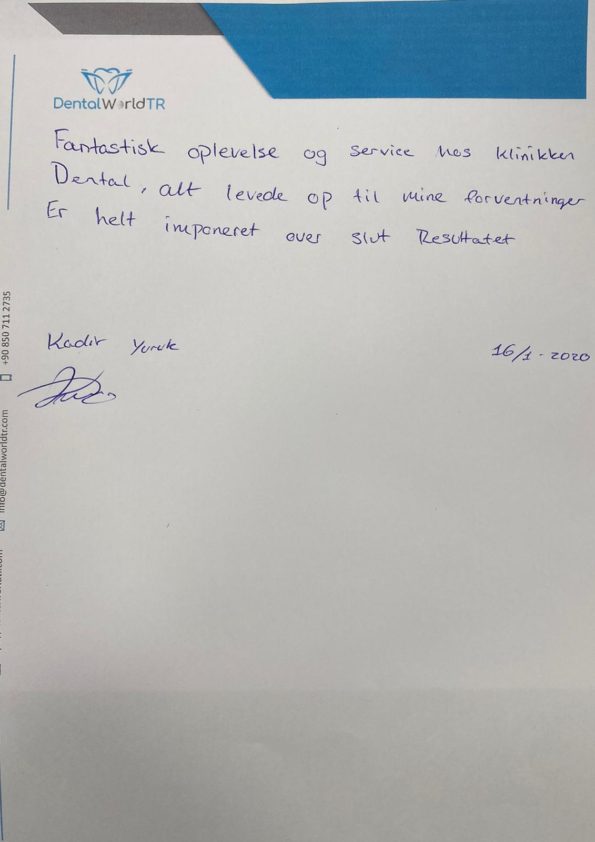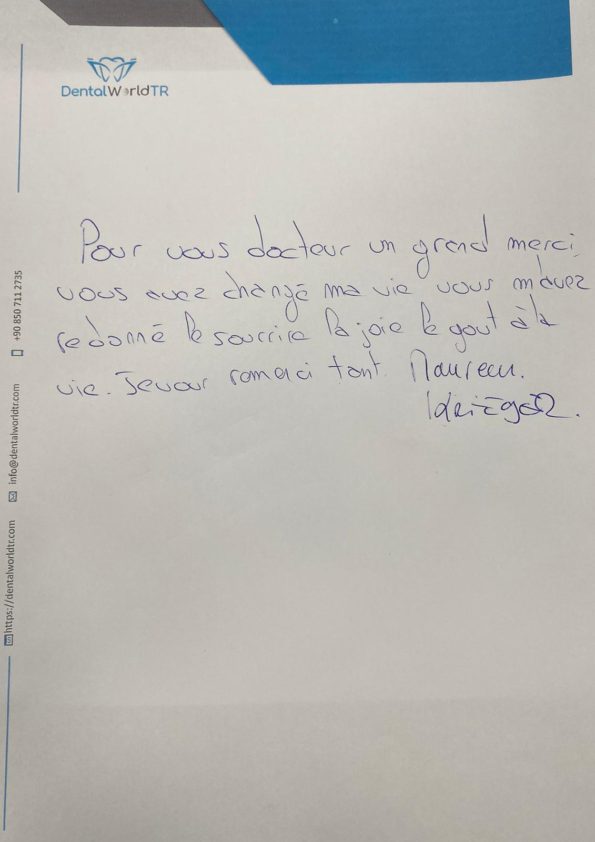What is Dental Crowns?
Dental crowns were innovated and designed to help maintain the functionality of your damaged or diseased tooth-teeth. By using a custom design and specific materials, a manufactured crown can restore the strength, shape, size and natural appearance of your original tooth-teeth.
What are the types of Dental Crowns?
- Standard Dental Crowns,
- Zirconium Crowns
- E-Max Crowns
Dental Crowns Suitable for me?
- Whenever your teeth are badly damaged, cracked, broken, or misshapen, crowns are the most effective solution.
- If you have had root canal treatment, the crown will protect the restored tooth.
- It covers a discolored or badly shaped tooth and improve your smile.
What are the Benefits of Dental Crowns?
- They salvage and restore a badly worn down or broken-cracked tooth.
- They protect a weak tooth from decay.
- Crowns save a decaying tooth which is not structurally sound to survive a filling procedure.
- They support a tooth with a large filling that has minimal remaining surface area.
- Crowns act as an anchor for a multiple tooth dental bridge.
- Dental crowns conceal and cover a severely discolored or misshaped tooth or teeth.
- They prevent a tooth from breaking after a root canal treatment.
- They cap your dental implants.
- Dental crowns improve your signature smile for cosmetic purposes.
- They protect primary teeth, if there is a high risk for decay as evidenced by your child’s poor hygienic and home care habits.
Which Anesthesia Method is used in the Operation?
Your dentist may use local anesthesia, conscious sedation, or general anesthesia when placing the crown. Local anesthesia will numb the area where the crown needs to be placed, without pain or discomfort.
What is Dental Crowns Procedure?
Your dentist prepares the tooth by removing its outer portion so the crown will fit. Any decay is also removed. After that your dentist makes an impression to provide an exact model for the crown. The impression can be made from a mold or by digitally scanning the tooth.
After first stage, you may get a temporary crown while you wait for the permanent crown to be ready. When the new crown is ready, your dentist places it in your mouth and makes the necessary adjustments. When you and your dentist are happy with how it looks and feels, the crown is cemented into place.
Dental Crowns Recovery Process
Before the permanent crown feels normal in your mouth, it may take time. However, after a little time has passed, the dental crowns will look, function, and feel like a regular tooth.
Dental Crowns Aftercare
- You should brush your teeth twice a day and clean between your teeth every day.
- Avoid eating hard foods, ice, or other hard objects, especially if you have tooth-colored crowns.
- You should see your dentist for regular exams and professional teeth cleanings.
When You Should Call Your Dentist?
If any of side effects continue you should call your dentist.
How Many Days Needed for the Treatment?
Your treatment (Standard Dental Crowns, Zirconium Dental Crowns, E-Max Dental Crowns) can be completed in 4 days.



